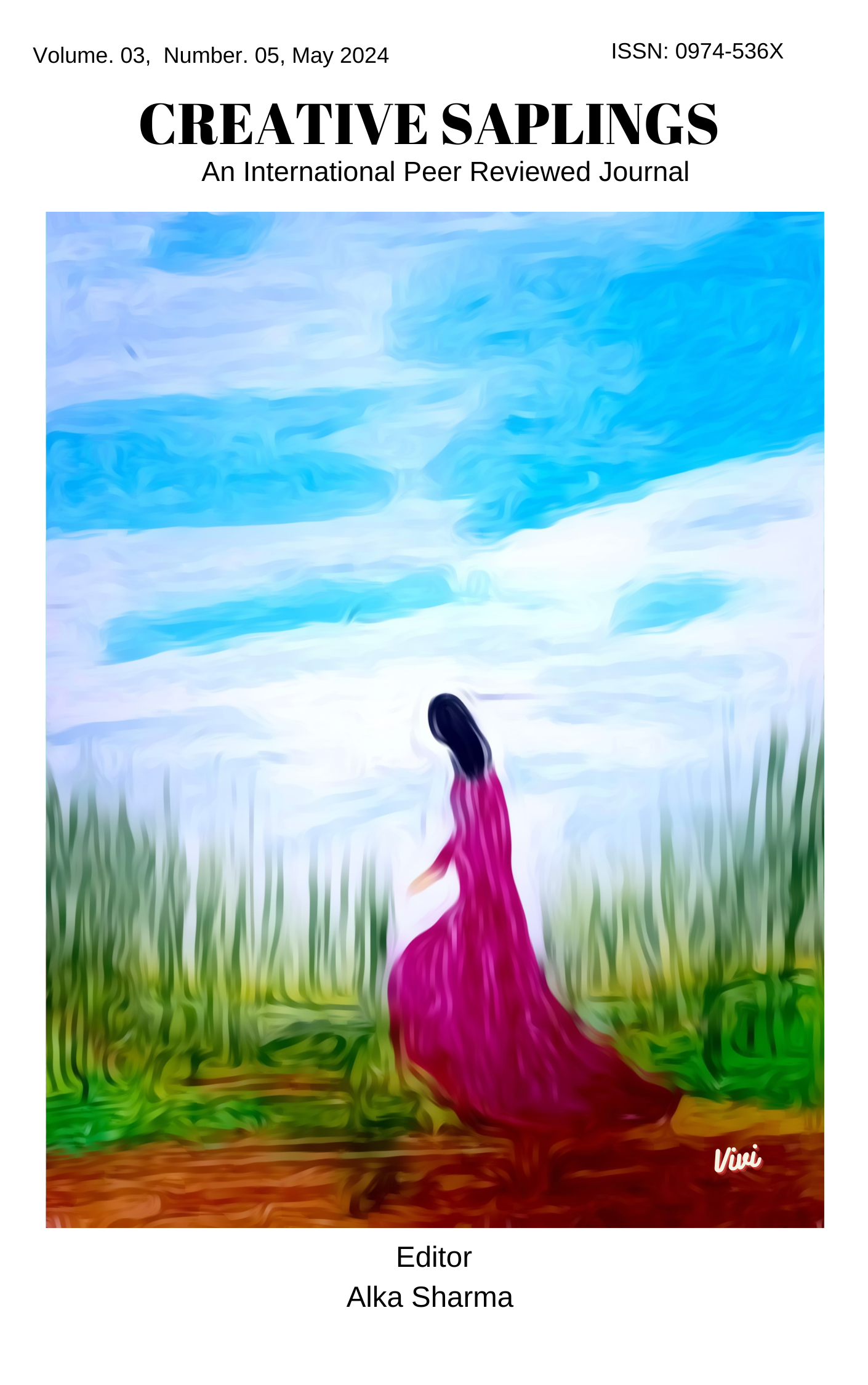Introducing Marxist Literary Criticism
DOI:
https://doi.org/10.56062/gtrs.2024.3.5.584Keywords:
Love, Woman, Farmers, Art, The Music of Nature, Childhood, The Dying Earth, Human Life.Abstract
Marxism as an ideology and mode of practice continues to exist in the twenty first century. It is not as orthodox and dogmatic as it used to be in the mid twentieth century. It has absorbed and reformulated many contemporary critical trends like post-Marxism and has reappeared in different theoretical garbs. Marxist literary criticism is by no means a bygone critical mode; it is very much in practice and has taken on different forms of enquiry like post-colonialism and cultural studies. Given the all-pervasive nature and presence of Marxist literary criticism in academic and research world and its usefulness in exploring hidden aspects of texts, it is significant to know its basics and recent developments in its pursuits. As long as people are still thinking dialectically, they are still disagreeing with each other, and as long as people are still disagreeing with philosophers, Marxist literary criticism will be important. Marxism, in particular, had several modifications. It is important to note that someone who really believes in and supports Marxist political theory ought to put it into reality. The present paper tries to briefly sketch its basic assumptions and its mode of enquiry. Researchers and students need to get their ideas and views about Marxist literary criticism clear so that they can apply its tenets to texts for insightful understanding.
Downloads
References
Eagleton Terry. Marxism and Literary Criticism. Berkeley, University of California Press, 1976.
Raymond Williams. Marxism and Literature. OUP, 1985.
Tony Bennet. Formalism and Marxism. Methuen, 1979.
Downloads
Published
Issue
Section
License
Copyright (c) 2024 Anand B. Kulkarni

This work is licensed under a Creative Commons Attribution-NonCommercial 4.0 International License.





